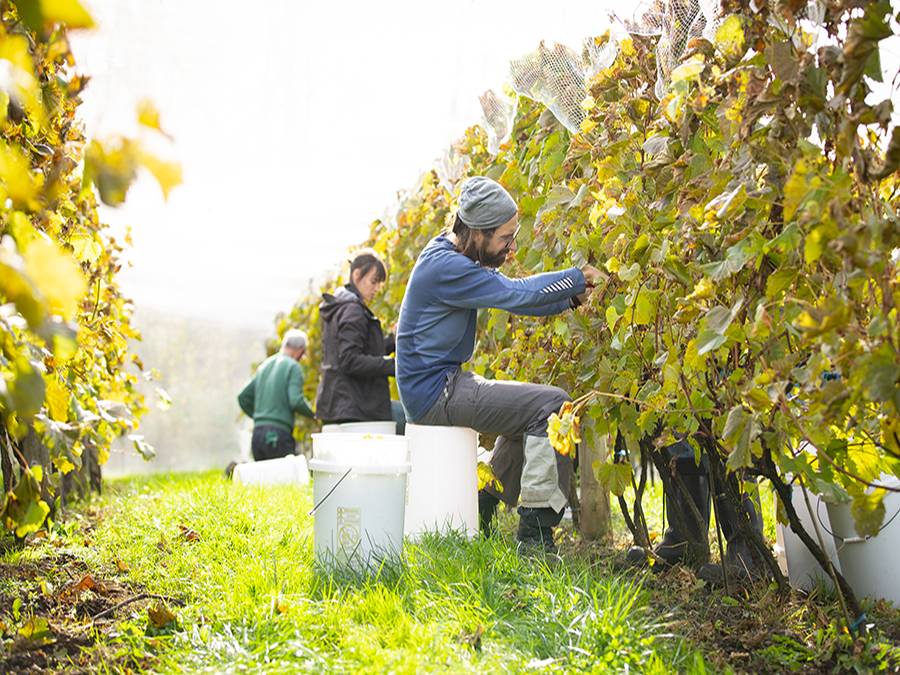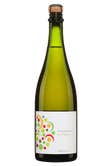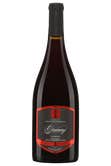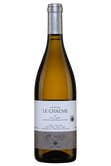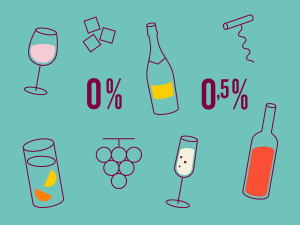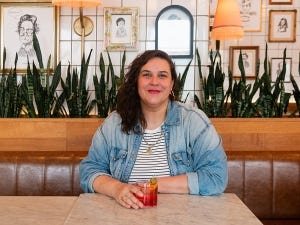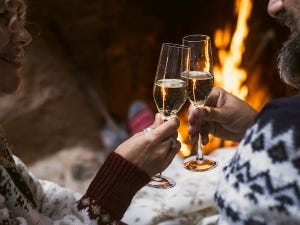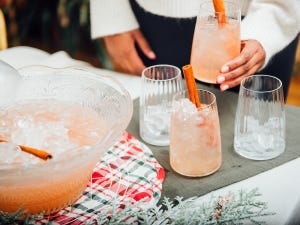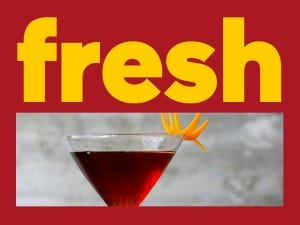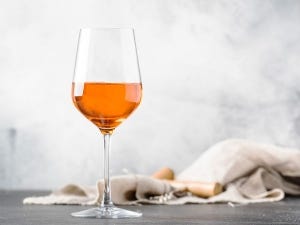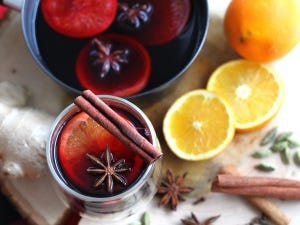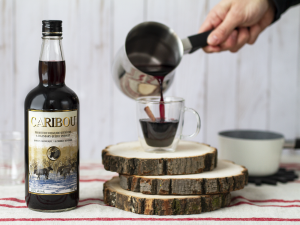Deep-rooted movement
Today, more and more winemakers are giving the transition to organic a go despite the challenges that come with it. So much so, in fact, that the number of applications for Ecocert certification—the gold standard for organic farming—has skyrocketed. And it’s not only small vineyards—several large operations have also taken the plunge. A change appears to be afoot. To gain a better understanding of the subject, we spoke with three leading figures in Quebec’s wine industry who are driven by the same passion and deep respect for the land.
Domaine Saint-Jacques: family first
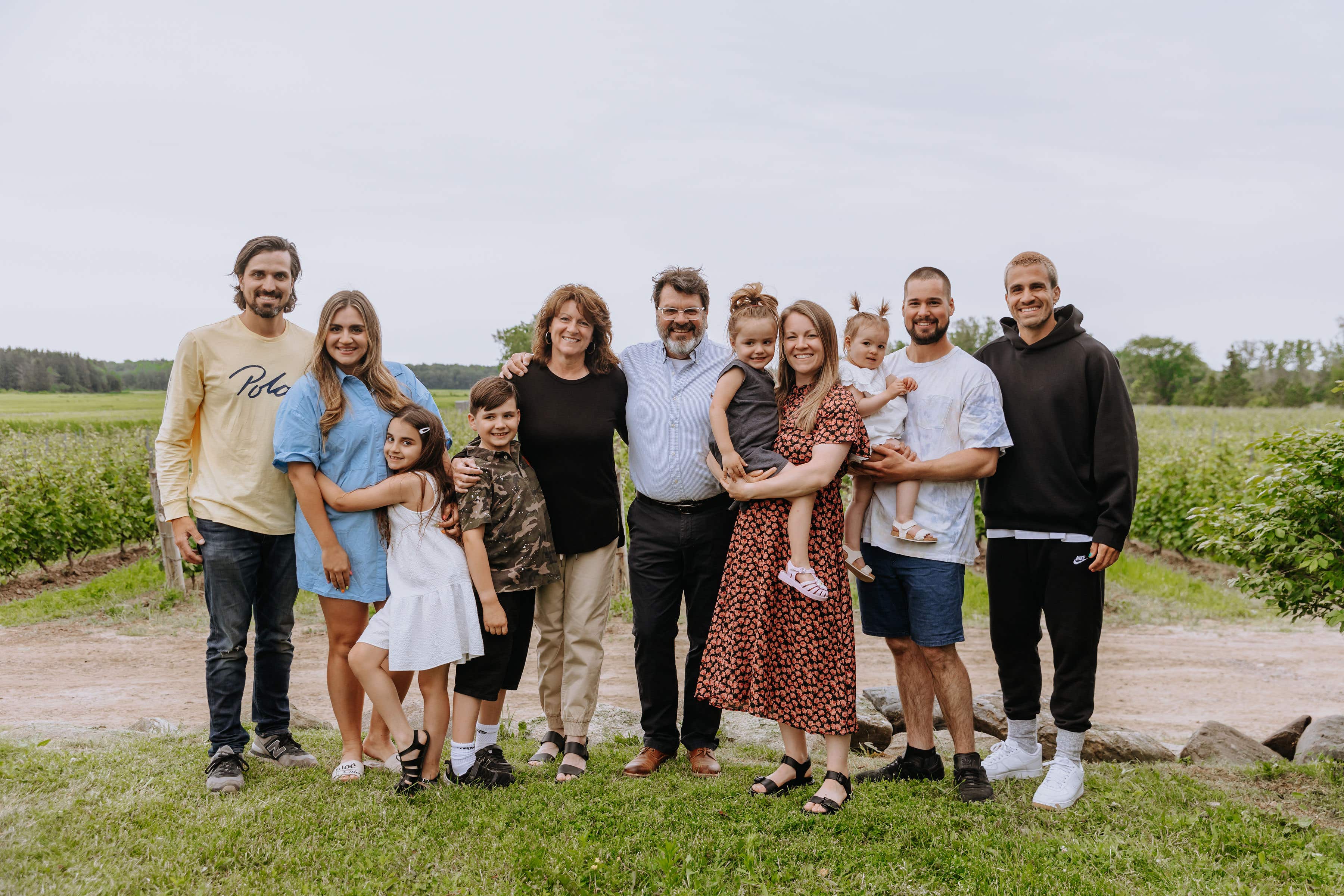

In 2005, when Yvan Quirion bought a 12-acre parcel of land in Saint-Jacques-le-Mineur in Montérégie, he had no idea that his quiet retirement hobby would turn out to be the project of a lifetime. But he did know he was going to take the organic route. Yvan, you see, doesn’t play games when it comes to people’s well-being. “It’s always been about the health and safety of my family, but also that of my workers.” He’s never liked insecticides. “It’s a visceral fear I’ve had all my life, frankly, and I think it’s been one of our biggest assets when it comes to organic winemaking.”
The winery was informally organic from day one, but it wasn’t certified at first, clarified Yvan, who began the process with Ecocert Canada in 2017. “We practised mindful agriculture from the get-go, so the shift was relatively easy. When we went organic, we decided to certify everything. Today, our 57 acres are certified organic, and so are all our wines.” Domaine Saint-Jacques was the first fully certified organic Quebec winery that uses its own grapes.
Seasons and reasons
“There was a lot of trial and error in the first few years,” remembered Yvan. “We were always aware when we messed up! And little by little, the funnel narrowed and we saw what we did well.” This former engineer put his critical thinking to use in his new career. “Engineers are a bit stubborn and annoying by nature. They question everything! And I think that’s served me well at the vineyard. So if I couldn’t find a convincing reason to do something, I wouldn’t do it.”
Far from thinking he has all the answers, the vintner still believes—maybe more than ever—that he’s in learning mode. “It seems like the older I get, the less I know,” he said humbly. “At the beginning of each season, we ask questions and take massive risks. It’s like always starting back at square one.”
It takes a village to make a vineyard
In the fields, the soil is the top priority. “We’ve been working the soil using manure from our neighbours’ horses from the outset,” Yvan told us. “Today, our microcosm of insects and other living things has found a natural equilibrium. Also, we bring love to the vines every day. We have one person for every 5 acres or so. That’s a lot! But I think that all that attention lavished on the vines is something you can smell and taste. Anyway, I hope so.” After sampling his wines, I have to agree!
“The way we do things is fundamentally about teamwork. There are 19 of us, and everyone’s encouraged to add their two cents. Mine is no more valuable than anyone else’s,” he said with conviction. When there’s a problem, everyone gives their point of view and offers solutions. And when people join forces like that, “the magic happens.”
Domaine Bergeville: certified organic from day one
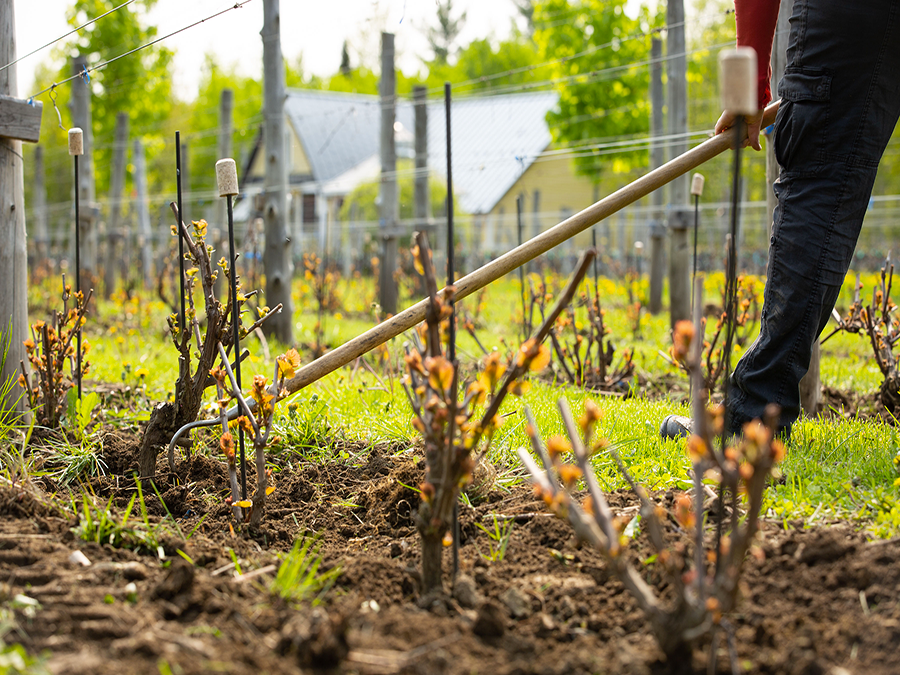

Scientists by training and winemakers by vocation, Eve Rainville and Marc Théberge are bound together in business and life. Their Domaine Bergeville is the only producer to have chosen to go the organic and biodynamic route from day one.
In 2008, the couple acquired a meadow in Hatley, in the Eastern Townships, which happens to be the cradle of Quebec’s organic movement. “As soon as we began planting, we applied for organic and biodynamic certification,” explained Eve. Their vine stocks have therefore never been in contact with any synthetic pesticide or chemical additive—something all the more important since the vineyard is where they’re raising their kids.
Biodynamics 101
Speaking of family, Eve treats every vine like a child she must help grow and become independent. “We have to give them a solid foundation and guide them, but we also have to grant them their freedom. That’s what biodynamics is all about—making our vines self-sufficient in terms of their health,” she said. This way of seeing the land as a living organism is at the core of biodynamic agriculture. “We want to be out there every day. We want to be in synergy with the vineyard.” In other words, it’s all about teamwork—with the land.
While organic and biodynamic have as much to do with the vineyard as they do the cellar, the same rules don’t always apply across the board. “Being biodynamic is much more restrictive than organic, if you will. From the very beginning, we intervene as little as possible during the vatting process. We can do that for organic and biodynamic wines because the grape is of such incredible quality. As winemakers, our role is to guide the juice so it remains unstable and alive as wine without turning to vinegar,” she revealed.
According to Eve, the investment in time, diligence and energy is what creates the virtuous circle: “In conventional agriculture, we take so much from the land and give back very little. For me, organic is about giving as much to the land as it gives us. In biodynamics, we give back more than we take.”
“To me, organic is giving the land as much as it gives us.”
- Eve Rainville, Domaine Bergeville
Château de Cartes: taking the organic plunge
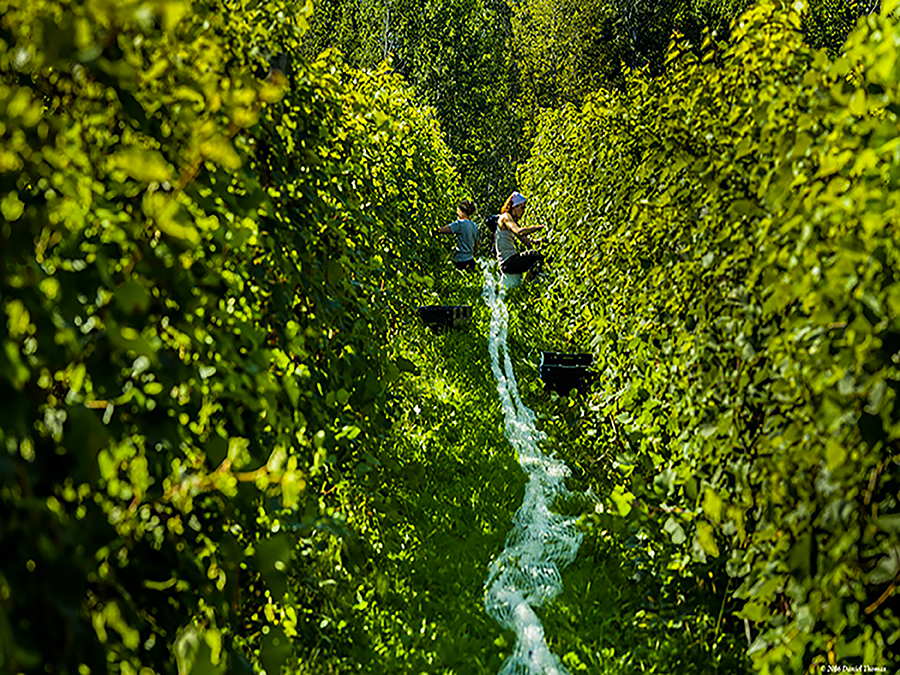

At Stéphane Lamarre’s vineyard in Dunham, 12 of the 37 acres have been certified organic by Ecocert Canada since 2022. But it took some time to get there, as well as “some determination and a touch of madness!” said the winemaker with 17 years of experience under his belt. He explained, “I’ve always practiced integrated farming, which is like a hybrid between conventional and organic, but I was reluctant to jump in with both feet because the road to organic is much less clear than the traditional one.”
What convinced him to go all in? “I have friends who grow organic and they opened my eyes.” Rather than doing a 180 in his vineyard, he started speaking with organic farmers and learning from them to get a better idea of where he was headed. Then one day, he decided to stop using systemic pesticides, an effective but highly synthetic treatment. That’s how Stéphane began the long process of pre-organic certification.
Three years ago, Stéphane planted some Cayuga White, “a time-tested grape varietal that requires hardly any intervention,” on 7 acres of his land. He had to wait three years before being able to produce his first batches of organic wine. “Bottles of these initial batches will be available at the SAQ in late 2024,” he said. “I’m so pleased with our Cayuga White!”
Changing things, one hectare at a time
It’s clear that going organic is no easy feat. So, why go through all the trouble when you can do just as well without this certification? “It’s a personal choice, first and foremost. If consumers join the movement, even better. But I want to prove to myself I can do better.”
The process is more a sign of respect than a challenge. “I see it as asking myself what I can do for the planet, for the small square I cultivate and selfishly claim as my own. I try to be the drop in the ocean that could make a difference in the long term. How can I respect the land here? I see it as my way of saying thank you,” he confided.
Stéphane believes that it’s a combination of small actions that will reduce our environmental footprint.
“It’s my way of saying thank you.”
- Stéphane Lamarre, Château de cartes
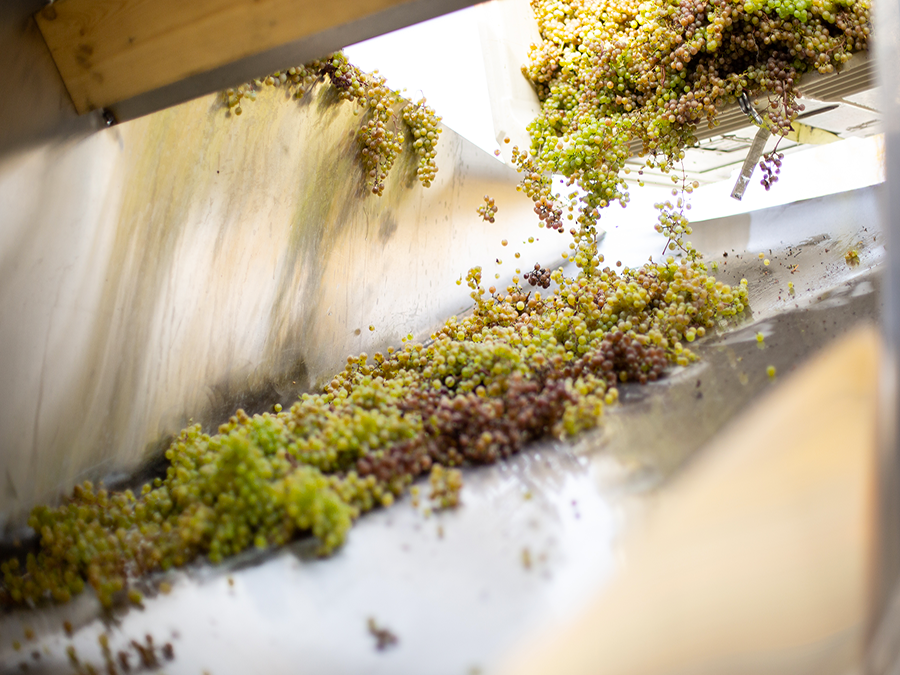

A trend that’s here to stay
Domaine Bergeville opened its cellar doors for the very first time in 2014. Ten years later, Eve Rainville has noticed how much consumers’ reasons for choosing her wines have changed. “At first, being organic brought in maybe 2 or 3% more customers. The wow factor was that we were producing sparkling! Today, people are really excited about vegan, organic and natural wines. It’s the younger generations who grew our customer base. They care about what’s most natural and authentic,” she explained.
There’s no doubt that organic and local are all the rage, but are they just a fad? Mélanie Gore from the Conseil des vins du Québec believes it’s a movement that’s got legs. The transition to organic has been at the core of growers’ concerns for a number of years and goes hand in hand with the artisanal approach that many local producers have adopted. “Certification is the ultimate checkmark. Being organic builds on their drive to evolve and improve their products,” she added.
Eve agrees: “The way things are going, it looks like it’ll be around for a long time! If, as a population, we have the opportunity to get back to the land, I think the movement will endure. I believe current circumstances are bringing people back one way or another.”
Do you speak Organic?
- Organic: Organic agriculture does not rely on synthetic insecticides or pesticides but rather on natural methods to maintain soil and vine health.
- Biodynamic: Biodynamic winemaking takes the principles of organic farming one step further.
- Natural wine: Natural wines are made using only organically or biodynamically grown grapes and no additives, which makes the process quite restrictive.
- Demeter wine: Demeter is the largest certification organization for biodynamic agriculture. It verifies that biodynamic products meet international standards and guarantees high quality products.
To learn more about the various distinctions, read our Organic and natural wines article.
Bottling organic
To be certified organic, wines must meet stringent criteria that include:
- Helping protect the climate and the environment
- Maintaining soil fertility
- Safeguarding biodiversity
- Respecting natural cycles
- Being free of synthetic chemicals and GMOs
 Access to SAQ Inspire personalized services and store inventories are unavailable at the moment.
Access to SAQ Inspire personalized services and store inventories are unavailable at the moment. Free in-store delivery with purchases of $75+ in an estimated 3 to 5 business days.
Free in-store delivery with purchases of $75+ in an estimated 3 to 5 business days. 
